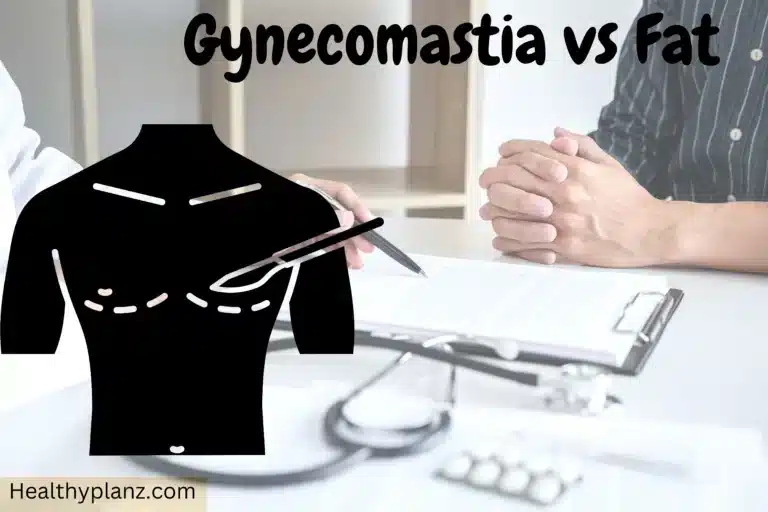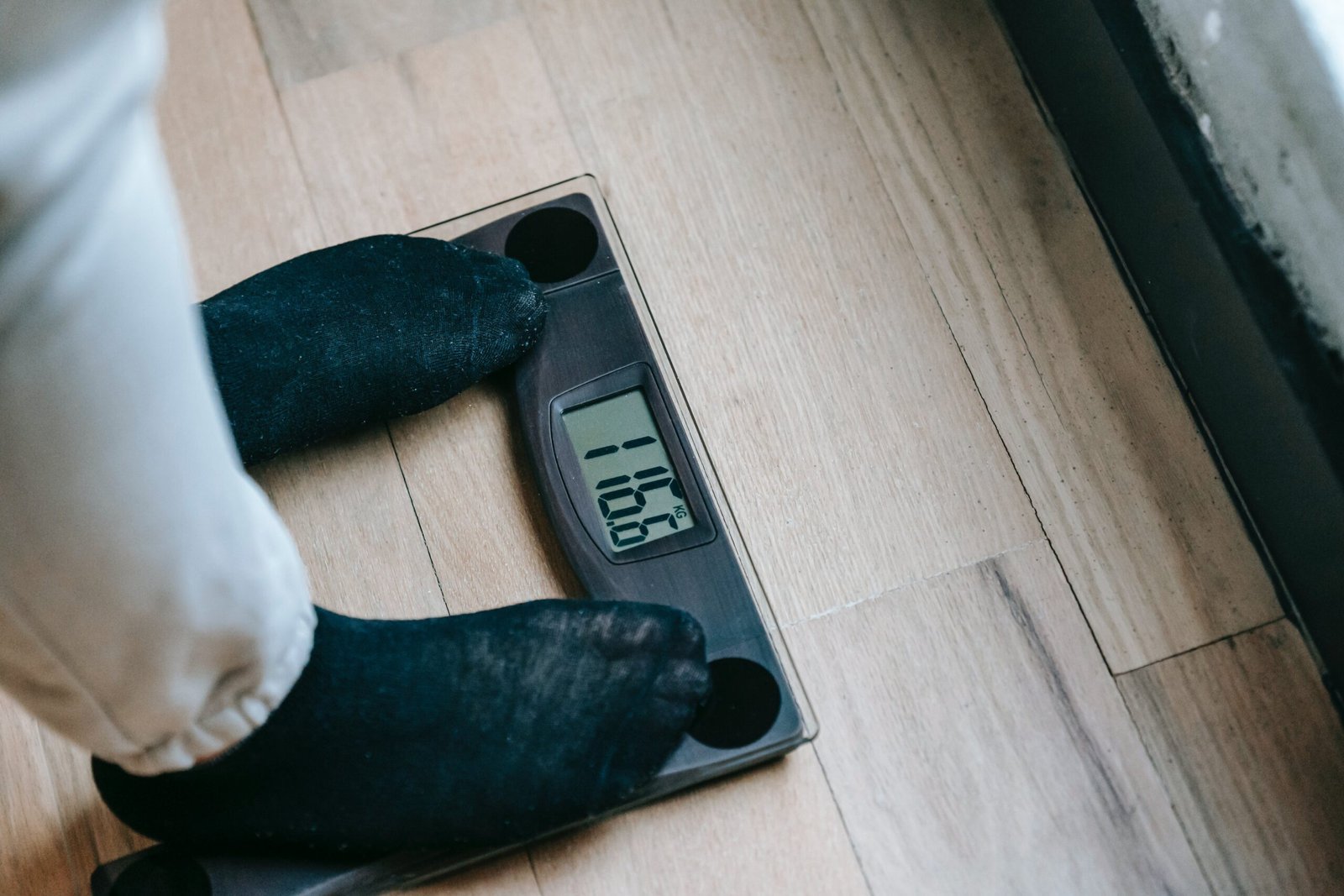Gynecomastia vs Fat: Key Differences and Effective Treatments
Introduction
Navigating the complexities of body image issues, gynecomastia, and chest fat often emerge as confusing and intertwined challenges for many men. Distinguishing between gynecomastia and fat is not only crucial for understanding your body better but also for finding the most appropriate treatment. In this comprehensive guide, we’ll explore the symptoms, causes, and treatments of gynecomastia, shedding light on how it differs from mere fat accumulation and how you can effectively address it.
Understanding Gynecomastia
Symptoms of Gynecomastia
Gynecomastia is characterized by the enlargement of breast tissue in men. This condition can manifest as tenderness, swelling, and sometimes, an increase in nipple sensitivity. Unlike fat, which is soft and can be found in different areas, the tissue growth in gynecomastia is firmer and generally centered around the nipple.
Causes of Gynecomastia
So, what is the cause of gynecomastia? The development of gynecomastia is often linked to hormonal imbalances, where there’s an increased level of estrogen or a decrease in testosterone. This imbalance can be triggered by various factors, including puberty, aging, medication use, and certain health conditions like liver disease.
Gynecomastia vs Fat: Distinguishing Features
Understanding the difference between gynecomastia and regular chest fat is crucial. While gynecomastia involves glandular tissue, fat accumulation (pseudogynecomastia) pertains to adipose tissue. Gynecomastia presents a more localized enlargement around the nipple, whereas chest fat is usually more evenly distributed across the chest.
How to Treat Gynecomastia in Men
Medical Treatments
Addressing the question, “How do you treat gynecomastia in men?” involves a variety of approaches. Medical treatments may include hormone therapy to balance estrogen and testosterone levels. In more pronounced cases, surgery (mastectomy) might be recommended to remove excess breast tissue.
Gynecomastia Treatment Without Surgery
For those seeking gynecomastia treatment without surgery, several options are available. Medications that adjust hormone levels, such as tamoxifen, can be effective. Additionally, lifestyle changes, like diet improvement and regular exercise, can help reduce the visibility of gynecomastia by balancing hormone levels and reducing overall body fat.
Lifestyle Adjustments and Home Remedies
Implementing a healthier lifestyle can positively impact gynecomastia. Adequate nutrition, regular exercise, and reducing alcohol consumption can help in managing this condition. Some home remedies, like applying cold compresses, can temporarily relieve tenderness, though they do not address the underlying issues.
Frequently Asked Questions (FAQs)
Can gynecomastia go away?
In some cases, particularly when triggered by puberty or medication, gynecomastia can resolve on its own over time. However, longstanding or severe cases might require medical intervention.Is it okay to live with gynecomastia?
While gynecomastia is not physically harmful, it can have significant psychological and emotional impacts. Seeking treatment or counseling can be beneficial for those feeling distressed.
Conclusion
Understanding the nuances between gynecomastia and fat is foundational in seeking appropriate treatment and reclaiming confidence. From identifying symptoms to exploring treatment options, we’ve covered essential aspects of gynecomastia management. Remember, every individual’s journey is unique, and consulting with healthcare professionals is a critical step towards resolving gynecomastia effectively.
Call-To-Action
Are you or a loved one navigating through the complexities of gynecomastia? Join our community for more insights, support, and guidance. Share your stories, ask questions, and connect with others embarking on a similar journey. Let’s tackle gynecomastia together with understanding, care, and effective solutions.
Read more about :
Gynecomastia vs Chest Fat by CREO
Gynecomastia Treatment Without Surgery By Healthline






